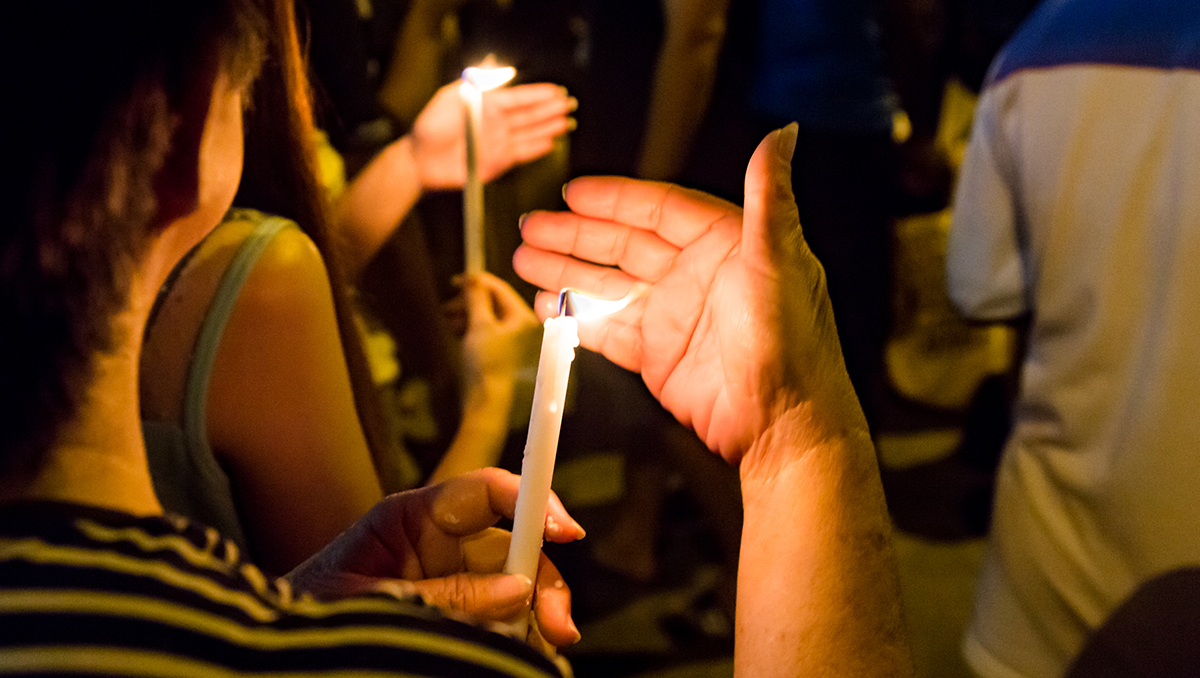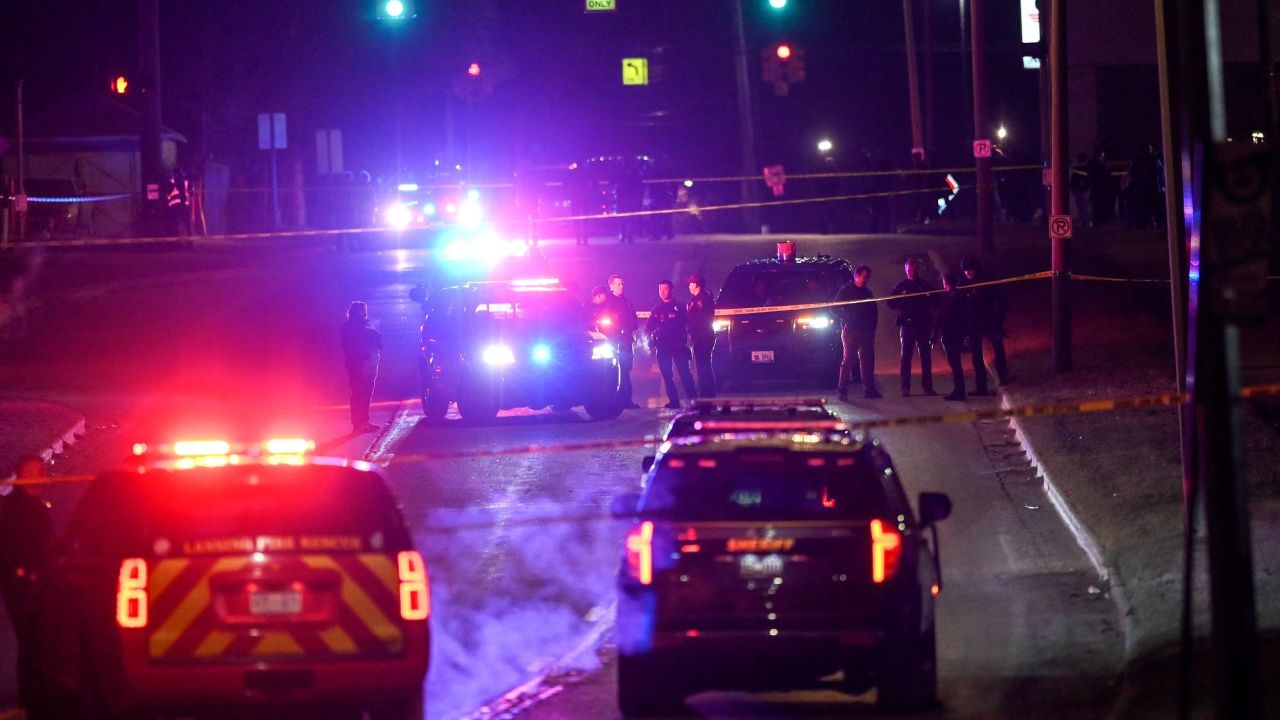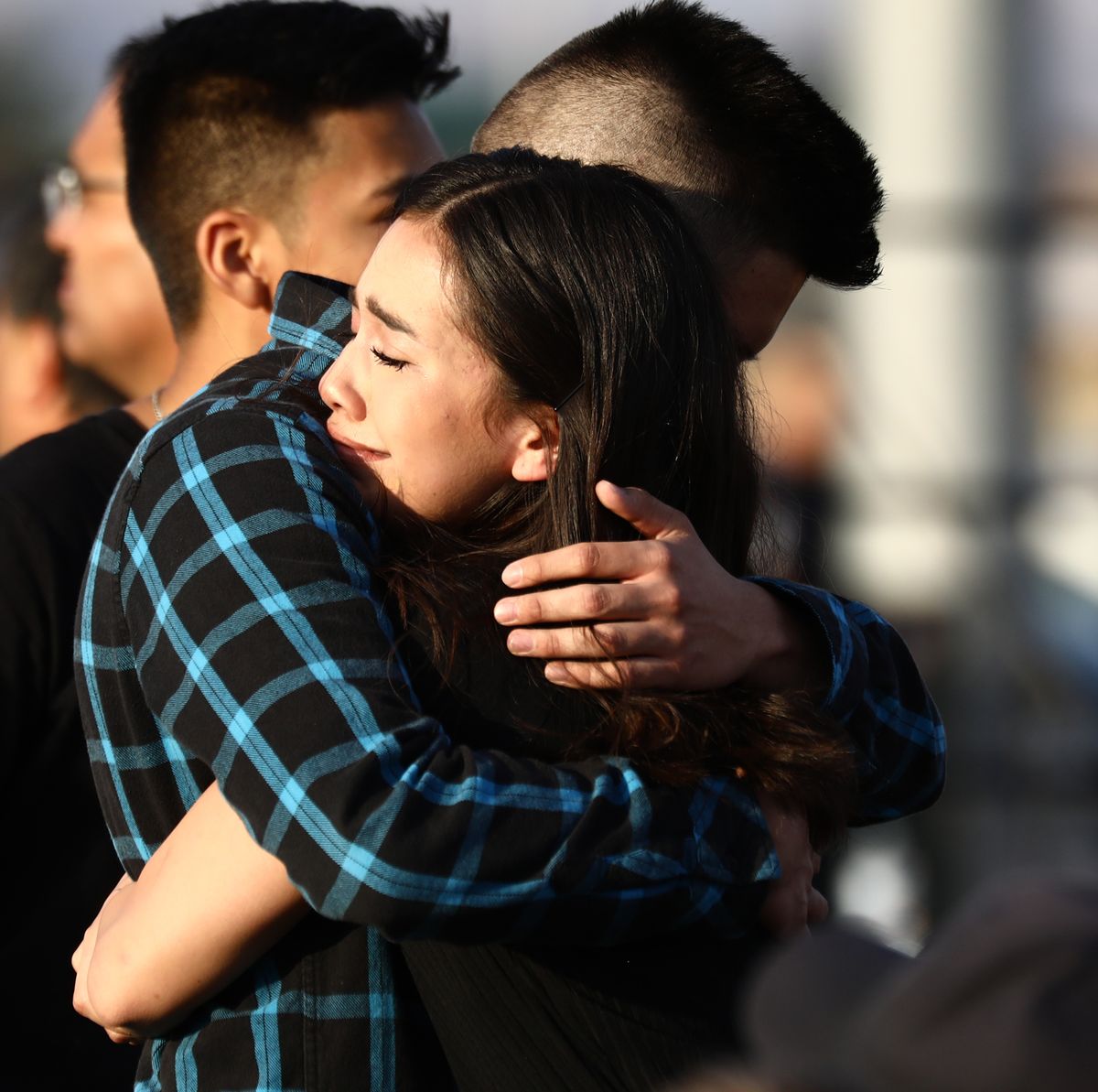Feeling Emotionally Raw After The Mass Shooting?
Some Coping Strategies to help You Heal
Author: Dr. Julie. Sorenson, DMFT, MA, LPC
Mass Shooting
As we wake the dawn after the latest mass shooting in Michigan, we may be feeling emotionally raw. Some of us may not know how to start healing from this tragic event. A mass shooting is when four or more people are murdered in a certain location. There were 3,399 mass shootings between 2014-2021 according to Psychology Today.
Mass shootings make people question the violence and emotional turmoil people are affected by a mass shooting. Many questions child development and parenting approach as we put our lives back together one step at a time. Students, parents, faculty, and the community need to come together to rebuild the ability to feel safe, but that takes time. The initial effects of a mass shooting are to take time to grieve, to share how you felt when you first found out, to understand that you are experiencing normal feelings in an abnormal situation, to find ways to cope, and to take time for yourself to heal.
Coping with the tradegy of a mass shooting
People feel a variety of emotions and experiences when a mass shooting hits near home. Some people lose their lives and loved ones while others witness the event. Others may be experiencing secondhand trauma that may lead to feelings of sadness, anger, guilt, grief, or other intense emotions. Processing a traumatic event is different for each individual and it is okay to grieve at your own pace as no two people grieve in the same way. Support groups may be helpful for some while it could cause other to feel anxious. It is common to feel like the event was a dream or to feel at a loss on how to pick up the pieces of your emotionally raw state. Below is a list of suggestions to assist in coping with the events of a mass shooting.
- Talk with your loved ones.
- Have bold discussions and allow others to share their emotions or feelings related to the experience.
- For younger children allow them to express their feelings through drawing, music, or play.
- Assure each other that it is normal not to feel normal right away as your process an abnormal situation.
- Acknowledge your feelings (remember you can’t put another’s oxygen mask on until yours is secure).
- Take a break for yourself, it’s okay to take time to breathe and self-reflect
- While it is good to stay informed, monitor the amount of time you are watching the news or coverage of the event. The coverage may be available 24 hours a day which can become overwhelming and depressing if you are spending too much time watching it.
- Find ways to stay involved and help the community recover. When something like this tragic event occurs, look for helpers.
- Keep routines in place.
- Spend time with loved ones
- Avoid being alone for long periods
- Don’t fight intrusive thoughts
- Eat a well-balanced meal
- Keep up with reasonable activities (exercise but if you haven’t run a marathon don’t start with that).
- Physical Activity
- Listen to others
- Reassure loved ones they are safe
- Help with daily tasks
- Allow private time but check in on loved ones
- Don’t take anger personally
- Don’t say things like “it could have been worse”
- Allow people to share their perspective
when tradegy occurs, it takes away our feelings of being safe
 There are long-term psychological affects after experiencing a mass shooting. It takes away the feeling of being safe. Even if you weren’t directly affected by the shooting, watching the event on tv or hearing about it can shatter the feeling of safety. Events like this create long-term trauma and effect our neurobiological. Assumptions that the world is safe can be taken away from us after this event. While we know that we live in a difficult time, and we need to be aware of our environments and people around us the assumption that the world is safe allows us to live healthy and adaptive lives protecting us from fear. It allows us to believe there are good people, forgiving others, evolving, and building happy, successful lives where we are mentally strong individuals. However, trauma can shock our beliefs about the world. We may feel like we are in uncharted territory and turn to religion, or other things to restore our feeling of safety. How do we face that our world isn’t safe, below are some suggestions to put normal back to your worldview:
There are long-term psychological affects after experiencing a mass shooting. It takes away the feeling of being safe. Even if you weren’t directly affected by the shooting, watching the event on tv or hearing about it can shatter the feeling of safety. Events like this create long-term trauma and effect our neurobiological. Assumptions that the world is safe can be taken away from us after this event. While we know that we live in a difficult time, and we need to be aware of our environments and people around us the assumption that the world is safe allows us to live healthy and adaptive lives protecting us from fear. It allows us to believe there are good people, forgiving others, evolving, and building happy, successful lives where we are mentally strong individuals. However, trauma can shock our beliefs about the world. We may feel like we are in uncharted territory and turn to religion, or other things to restore our feeling of safety. How do we face that our world isn’t safe, below are some suggestions to put normal back to your worldview:
- Acknowledging feelings about the event
- Don’t push your feelings down.
- Take time to understand the emotions you are feeling and remember anger is a secondary emotion to primary emotions. What this means is anger may be at the top of the surface but underneath you may be experiencing sadness, guilt, overwhelming, frustration, disappointment, etc.
- Feel where your emotion is within your body
- Know that you are experiencing normal feelings in an abnormal situation (normalize your feelings).
- Accept that our world isn’t always safe.
- Recognize your circle of control.
- Compartmentalize your emotions
- Focus on your own life and what is important to you.
- Breathe and step away from fight, flight, or freeze mode as a response to danger.
- Recognize irrational thoughts and turn them into new beliefs.
- Acknowledge your pain
- Find ways to cultivate a feeling of safety in your community.
- Focus on the good and positive in your life.
signs and symptoms of stress
Physical Symptoms
- Nausea
- Fear
- Stomachache
- Shaking
- Sweating
- Chills
- Diarrhea
- Chest pains (go to the doctor to have that checked out)
- Rapid heartbeat/breathing
- Headaches
- Difficulty Sleeping
Thought Process
- Slowed thoughts
- Difficulty making decisions
- Confusion
- Difficulty concentrating
- Memory issues
- Seeing events over and over
- Bad dreams
- Poor attention Span
Emotional Thoughts
- Anxiety
- Guilt
- Depression
- Sadness
- Feeling lost or confused
- Worry
- Anger
- Irritable
- Feeling Numb
- Shock
Practicing Self-Care Is Essential After a Traumatic Event
It is important to find healthy ways to get back on track with your emotions. Practicing Self-care is essential during difficult times. The 5 Ts are an important skill to practice as you work on healing from a tragic event
- Taking time for yourself, talking about your feelings,
- Touch is an important healing process, sharing a hug, patting someone on the back, or holding a loved one’s hand can reduce stress.
- Tears eliminate chemicals in your body allowing you to heal.
- Tolerance for yourself and others is important in the healing process. Understanding your stressors and being compassionate to yourself and others while navigating through the trauma. Everyone responds differently to traumatic events and that is okay.
Moving Past the Emotional Turmoil of a Mass Shooting
 Mass shootings can cause a lot of emotional turmoil. It is important to move past it. Your initial responses are normal and normalizing your feelings about an abnormal event is important. However, if you are experiencing feelings of sadness, hopelessness, anxiety, or other negative feelings after a few weeks, it may be important to reach out to a mental health provider. Therapists are here to help you on your mental health journey. They can provide you with tools and an avenue to share your thoughts and feelings in a safe space.
Mass shootings can cause a lot of emotional turmoil. It is important to move past it. Your initial responses are normal and normalizing your feelings about an abnormal event is important. However, if you are experiencing feelings of sadness, hopelessness, anxiety, or other negative feelings after a few weeks, it may be important to reach out to a mental health provider. Therapists are here to help you on your mental health journey. They can provide you with tools and an avenue to share your thoughts and feelings in a safe space.
References
Author Unknown, Reviewed by Psychology Today Staff, Mass Shootings. Psychology Today
Greenberg, M, 2017 Coping with the Psychological Trauma of a Mass Shooting
How to cope psychologically when the world no longer feels safe. Psychology Today
Vokock Douglas, 2019 Start by talking with your children and taking some small, concrete action. Psychology Today


